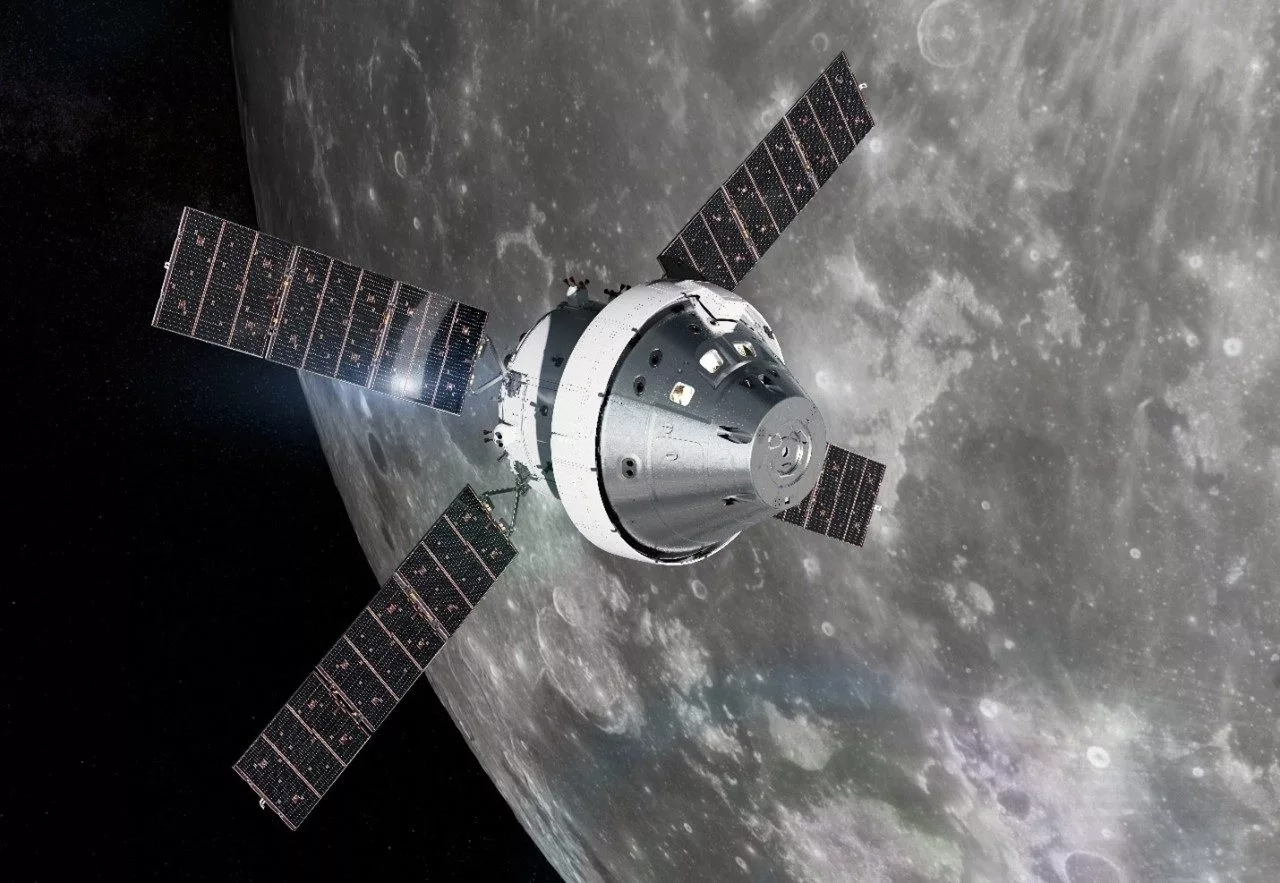NASA announced today that its next two crewed Artemis missions to the Moon have been set back at least a year. The Artemis II lunar orbiter mission will now launch in September 2025 and the Artemis III lander mission is set for September 2026.
When President John F. Kennedy committed the United States to putting a man on the Moon in a speech in 1962, the promise became reality in less than seven years. In contrast, NASA has been promising to return America to the Moon almost since Apollo 17 left it in 1972 and seems as keen to actually getting around and doing it as I am to clean the garden deck.
Modern US projects to return astronauts to the Moon have been plagued by budget battles, political infighting, classic American "pork barrel" spending, and NASA's perplexing reluctance to recapture the ingenuity of the Space Race. As a result, old Space Shuttle technology is recycled for no very good reason, new spacecraft are developed at a snail's pace, and mission times keep being pushed back.
The latest of these delays for the Artemis program have been blamed on safety concerns for the Orion spacecraft that will carry astronauts to the Moon. NASA says that more time is needed to test critical components, including dealing with a battery issue and the circuitry component that handles ventilation and temperature control. In addition, engineers are still studying the effects on reentry into the Earth's atmosphere on the heat shield from Artemis I.
"We are letting the hardware talk to us so that crew safety drives our decision-making," said Catherine Koerner, associate administrator, Exploration Systems Development Mission Directorate." We will use the Artemis II flight test, and each flight that follows, to reduce risk for future Moon missions. We are resolving challenges associated with first-time capabilities and operations, and we are closer than ever to establishing sustained exploration of Earth’s nearest neighbor under Artemis."
Source: NASA





